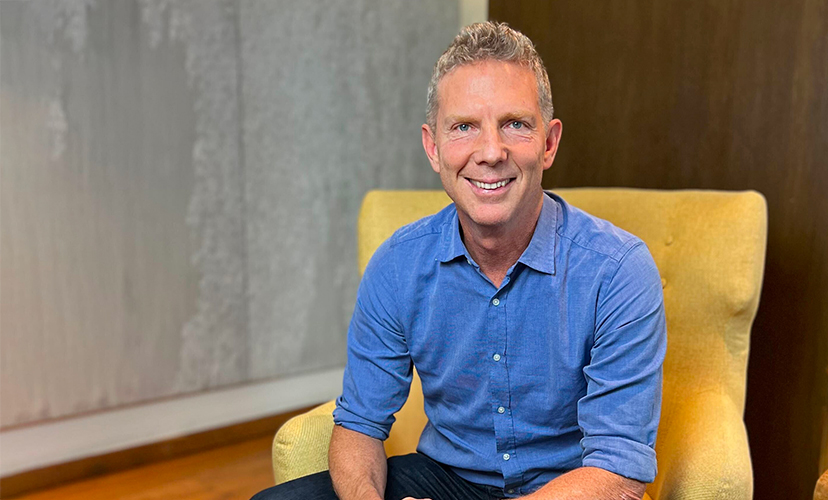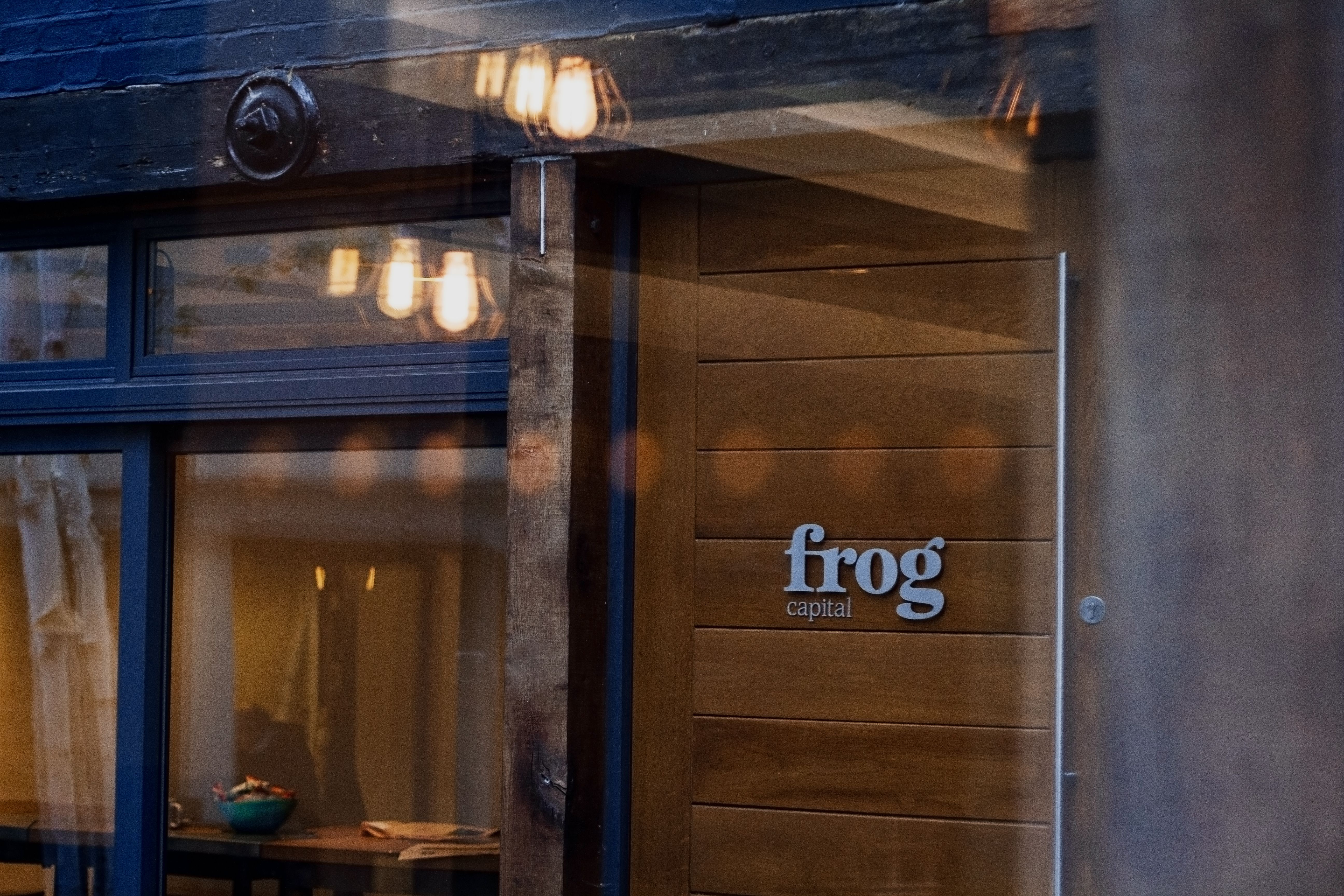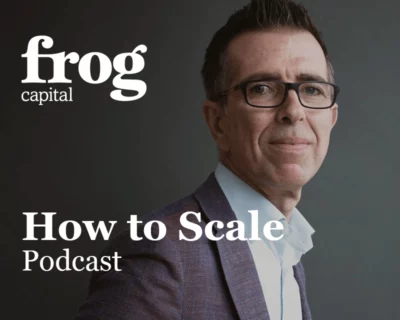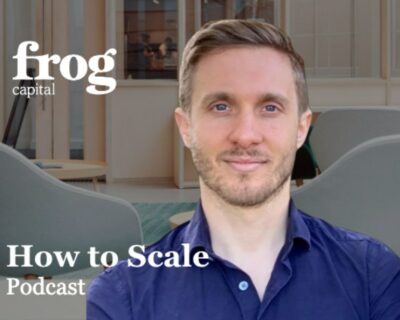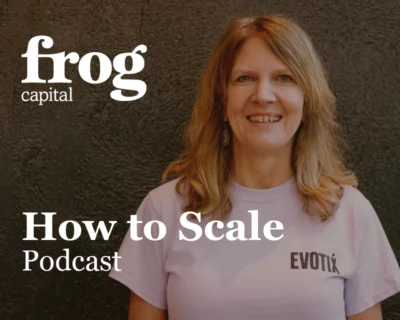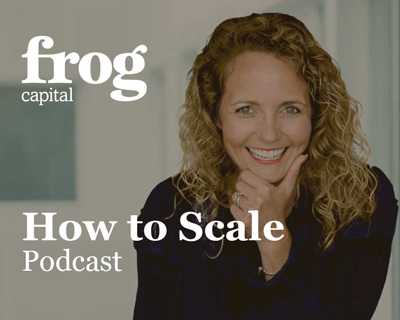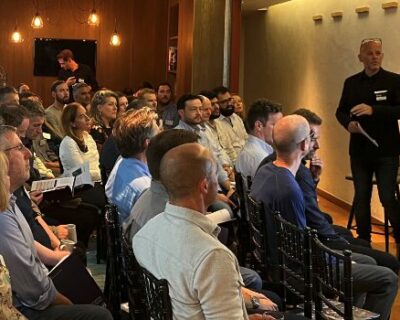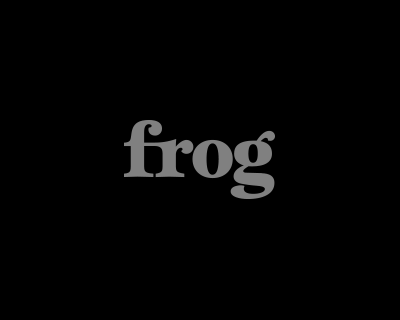Martin Leuw, Founder of Growth4Good, knows what it takes to scale a business successfully. During his 10 years as CEO and significant management investor at IRIS Software, he developed the business into the UK’s largest private software house, growing from £2m pa EBITDA to £50m pa.
Martin is now Chairman, NED, and investor in multiple technology and talent management businesses. He is equally the founder of Growth4Good – a business accelerator focused on partnering and investing in high-growth social businesses in the digital media and technology sectors.

Becoming a scale-up CEO was no accident for me. I’d always wanted to run businesses. In my very early 30s, I got involved in running many businesses of different kinds. Being more literate than numerate, I even qualified as a chartered accountant and gained experience in strategy consulting to give me the tools I’d need to be a successful CEO.
My opportunity with IRIS Software really came about because the founder was looking for a CEO to take the company on, following a PE buyout, enabling him to retire. He’d been running the organisation for 22 years and had put his footprint on it, so coming in as a new CEO was quite challenging.
From startup to scaleup
There were 100 people at IRIS when I joined – and 1,200 when I left.
Building an organisation that can scale seamlessly is no easy task. We had to invest in processes that would support the business. What works in a cottage industry won’t necessarily work at scale. We had to make sure we didn’t lose sight of what was important and could maintain consistency.
“A strong organisation is like a Greek temple”
In a Greek temple, there are stone foundations and various columns and, above these, is a triangular roof.
To build a great business and scale it up, you need all of these elements.
The Importance of laying foundations
The foundations of any high-performing business are its culture and a sense of direction.
IRIS was a small player in the market, providing software to accountants. There was no dominant market leader at that time, but we knew we needed to overtake Sage. I set this goal out clearly when I met with the Board for the first time with an ambition to be the best in our market.
I also obtained Board approval to ensure every single employee had the opportunity to become a shareholder. This enabled us to develop a strong culture of ownership and ensured alignment with our PE backers. A big part of our success, though, was having the right senior team in place to make things happen.
Carving out your pillars
Pillars – or core competencies that differentiate you in the market – are what will help you hold up the roof.
You can only really be good at a maximum of approx. 6 competencies: beyond that, you can partner with people who can do other things for you better than you can. As a scale-up CEO, you need to choose carefully which fundamental things you have to be best at.
Shortly after becoming CEO, we held a strategy session. We assessed the competition – our main competitors particularly Sage, actively used resellers. As a David (as opposed to a Goliath), we made a virtue of our direct channel to market and the strength of our relationships with customers.
I made it clear that we would stick to this direct approach as a key differentiator for what was a strategic sell. The direct relationship our sales and support teams had with our customers helped us understand their current and future needs very well. This helped us identify the additional modules they would need in future and we then fed them into our roadmap.
Well before the term SaaS became known, we had switched our pricing to subscription and were able to lower the switch costs for new customers to accelerate our market share growth and build strong annuity revenues through a rigorous focus on retention.
Building a roof over your head
Your primary purpose should be focused on the needs of your customers – always ask, “are we doing enough for our customers?” A sustainable and successful business has customer success as its roof. Each tile represents a testimonial, the evidence that your customers believe in your product, measurable by Net Promoter Score.
If you want your customers to love you, the business has to be an amazing place to work.
Don’t just focus on shareholder return – balancing all your stakeholders’ needs is a crucial input, and that includes employees. The output will be the growth in your enterprise value.
Adapting to change
In 5 to 10 years’ time, every market will look very different. Business needs inevitably shift over time, so it’s important to factor in the speed of change.
At IRIS, I found it helpful to invite a futurologist into the office to help spark this conversation amongst our team. What did we see as the biggest changes affecting our sector over the next 10 years? And what exactly were we going to do about it?
If you can build your own strong Greek temple, and adapt to changes that might impact it, what you will have is a business that is durable, future-proof and easily grows and develops. That is the ultimate goal – to create the perfect scale-up organisation.

